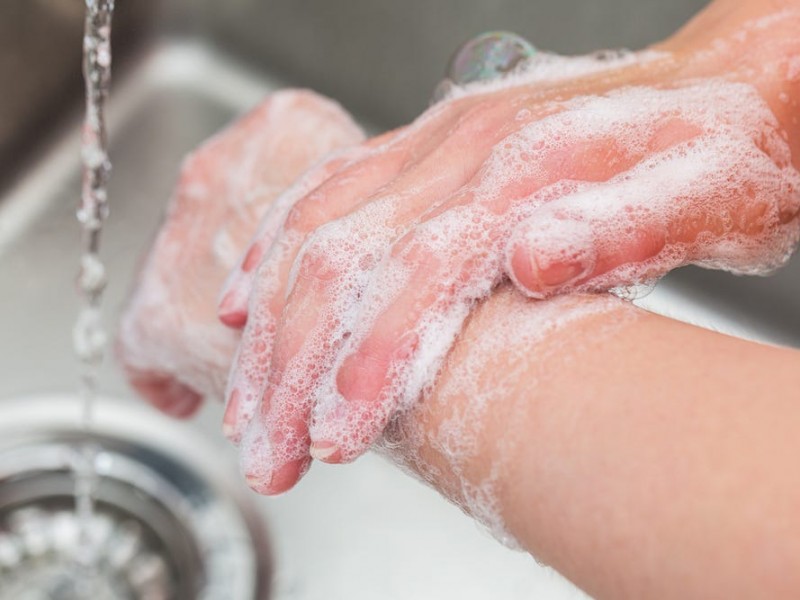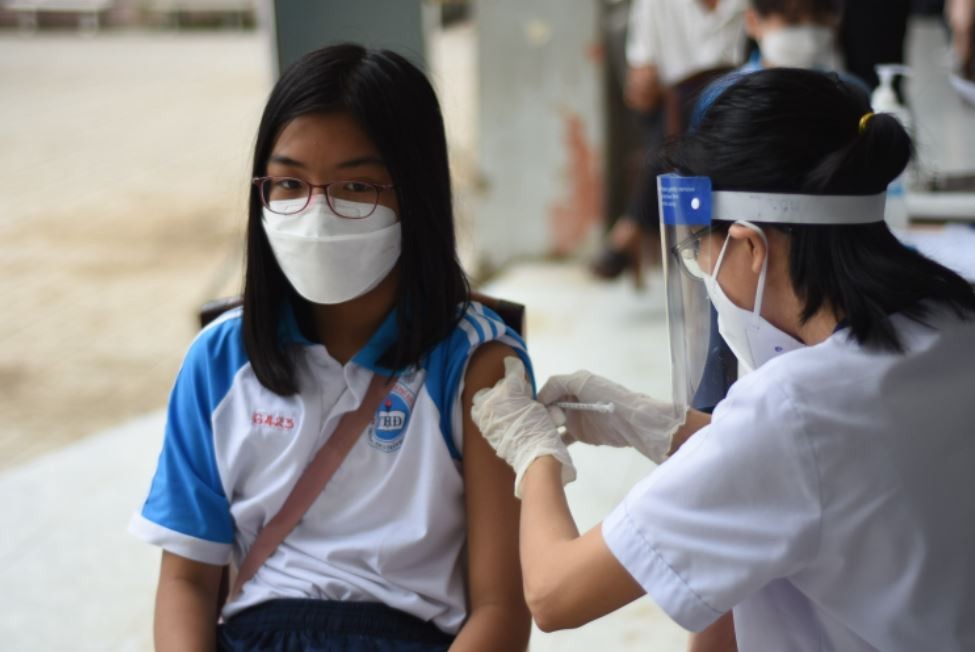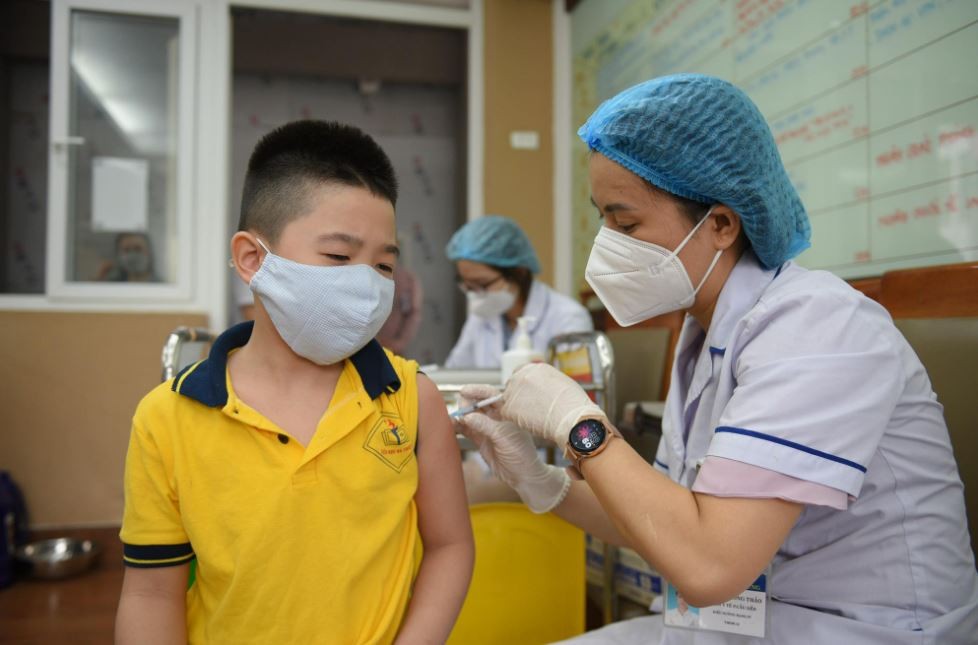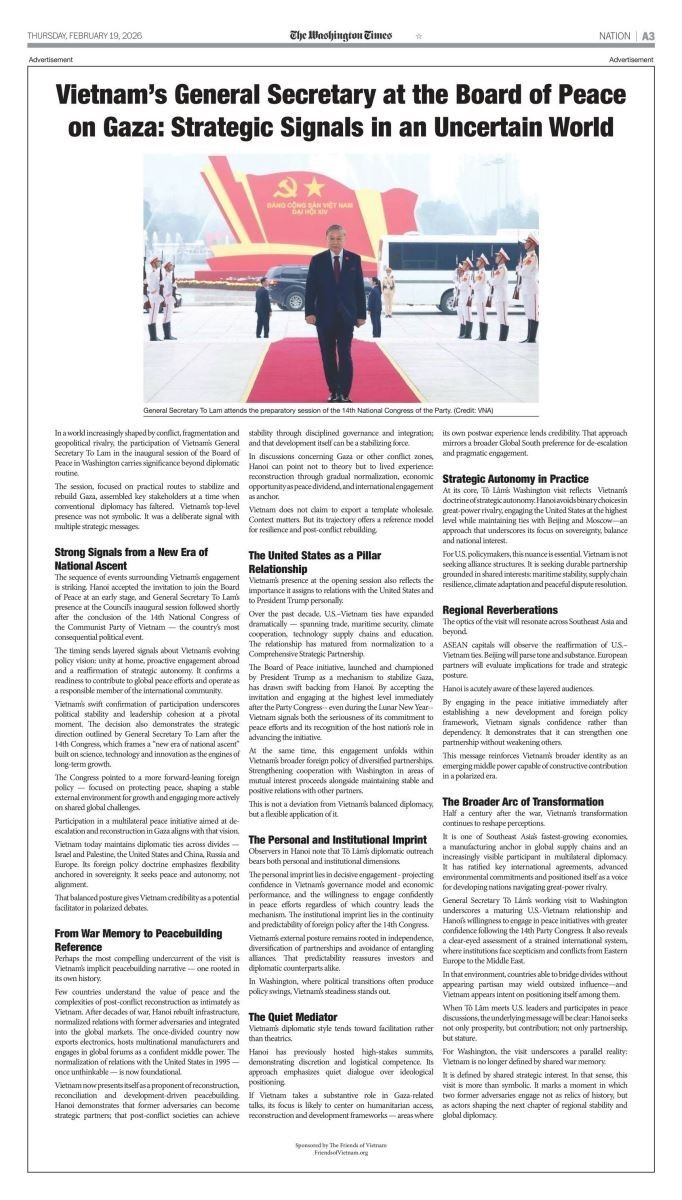Men wash their hands less than women as coronavirus spreads around the world: Study
 |
| Men wash their hands less than women as coronavirus spreads around the world: Study |
Men and women approach handwashing after using the restroom differently, according to multiple surveys and field studies.
"Women wash their hands significantly more often, use soap more often, and wash their hands somewhat longer than men," according to a 2013 Michigan State University field study conducted by research assistants who observed nearly 4,000 people in restrooms around East Lansing, Michigan.
The study found 14.6 per cent of men did not wash their hands at all after using the bathroom and 35.1 per cent wet their hands but did not use soap, compared to 7.1 per cent and 15.1 per cent of women, respectively.
"If you stand in the men's bathroom at work, and watch men leave, they mostly don't wash their hands if they used the urinal," said one New York City public relations executive, who did not want to be identified for fear of alienating his colleagues.
Since the virus' spread, he's seen an uptick in men's handwashing at work, he noted. "I, for the record, do wash my hands all the time," he added.
Female medical staff in critical care units "washed their hands significantly more often than did their male counterparts after patient contact", a 2001 study published in the American Journal of Infection Control found.
Middle-aged women with some college education had the highest level of knowledge about hand hygiene, a survey published in 2019 by BMC Public Health, an open-access public health journal, found.
"People who use urinals probably think they don't need to wash their hands," Michael Osterholm, director of the University of Minnesota's Center for Infectious Disease Research and Policy, previously told the New York Times.
But handwashing experts say that's a bogus idea.
"It doesn't matter whether you're peeing or you're pooping, you should wash your hands," Don Schaffner, a professor of food science at Rutgers who has been studying handwashing for years, previously told Business Insider. "I think a good general rule of thumb is you should wash your hands any time you feel that they might be dirty."
That advice becomes even more important during an infectious disease outbreak.
Early information about coronavirus infection in China shows that men may be more susceptible to the disease. Just over 58 per cent of the more than 1,000 COVID-19 patients reported in China through Jan 29, 2020, were male, research published in the New England Journal of Medicine shows.
Researchers have not linked the difference to hand hygiene./.
 Focus
Focus
Vietnam Covid-19 Updates (May 1): Daily Infections Fall to Nine-month Low of 5,109
 Focus
Focus
Vietnam Covid-19 Updates (April 29): 7,100 Cases, 79,000 Recoveries Reported
Recommended
 World
World
US Media Commend Vietnam’s Role in Global Peace Efforts
 World
World
Vietnam Officially Becomes Association Country of International Energy Agency (IEA)
 World
World
Key pacts signed as PM Modi hosts France's Macron for plane cooperation
 World
World
India, Canada commit to strengthening bilateral ties, discuss trade
 World
World
AI Summit India 2026 Live Updates: ‘Bringing the world together,’ PM Modi welcomes leaders as India hosts AI summit
 World
World
Safran ready to open India engine production in Rafale deal
 World
World
Nepal interim PM Sushila Karki thanks India for March support
 World
World





